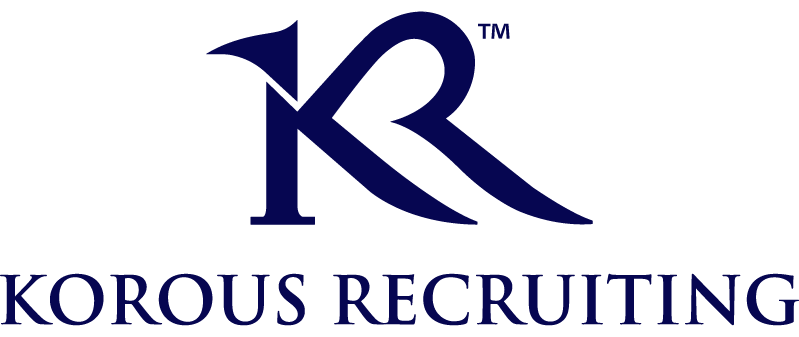During an interview, time is limited, and most of it will be spent responding to questions. At some point, however, the tables usually turn, and candidates have an opportunity to ask at least a few questions. Don’t assume that these questions are just a curtesy. Candidate questions are an essential part of any interview.
Your questions will be part of your discovery process and help determine whether the firm is a good fit, but that’s not their only purpose. Your questions say a lot about you and your level of interest in the position and firm.
While preparing for an interview, take time out to research the firm. Then, prepare questions with both associates and partners in mind.
Recommended Questions for Associates
Questions for associates should generally focus on five key categories: mentorship/training; current cases; staffing; performance reviews; and challenges:
- Supervision, mentoring, and training
Your success will be contingent on the firm’s own ability to support your continuing education. Ask if the firm has a formal mentorship program or in-house training program. Also, probe for details. For example, you might want to ask about their training programs, including any initiatives and support networks they have in place as part of their onboarding process.
- Important current cases and transactions
Questions focused on recent cases and transactions are a great way to learn more about the firm’s current priorities.
- Teams and staffing
One of the best ways to determine whether a firm will offer you opportunities to grow on the job is to ask about how they staff their cases and transactions. Are cases generally staffed with large or small teams? Do associates work directly with partners, and if so, under what circumstances? Remember that the smaller the team, the more likely you are to gain access to valuable experience.
- Feedback/ Performance reviews
As an associate, you will be evaluated, and communication is essential to your growth. Ask about how feedback is generally given to associates. For example, do partners and senior associates give feedback as the project/case is ongoing or does the firm use quarterly or yearly evaluations to share such feedback? Also, ask how the firm handles performance reviews. You may want to ask who carries out performance reviews and at what frequency. Be direct in your questioning. What does success look like at this firm? How is success measured?
- Challenges
Your questions should strike a balance between those focused on you (what you need to succeed) and the firm (their staffing needs). Questions such as, “What is the firm’s greatest challenge at the moment?” can be a great way to discover more about the firm and how you can position yourself to support the firm’s current work.
There are also a few types of questions that should generally be avoided during interviews. These questions include:
- Questions about compensation
If the firm wants to discuss compensation, they will raise the issue (often asking you about your salary expectations). If they don’t raise the issue, don’t be the one to put it on the table. Compensation questions can just as easily be raised after an offer is made.
- Questions about flex time or vacation
While work-life balance should be important to you, asking detailed questions about the firm’s policy on flex time or vacation time can easily backfire. You don’t want to risk showing up as a candidate who seems unlikely to unwilling to put in the long hours associated with most legal work.
Recommended Questions for Partners
Partners are busy and interviewing you may not be at the top. Use this time to ask meaningful questions that will help you differentiate yourself from other candidates and help them boast a bit about their own successes. Focused but engaging questions will serve you best, including those focused on cases and transactions, future opportunities, and challenges:
- Cases and transactions
On what types of cases and transactions is the firm currently working? If a partner starts to discuss a case or transaction that is particularly intriguing to you, ask more detailed questions. Also, don’t hesitate to ask what role associates are playing on the case or transaction.
- Future opportunities
Remember that partners are only interested in investing in candidates who are interested in a position on a long-term basis. To this end, ask questions that solicit the partner to speculate on the firm’s future growth. Does the firm have plans to expand into new practice areas? Where do you see the firm in another five years? Do associates participate in business development? Are there opportunities to shadow or attend pitches? These are potentially flattering questions since they express your interest and show you are eager to help build up their practice over time.
- Challenges
Along with asking about future opportunities, ask about challenges. What challenges does the firm anticipate facing over the coming five to ten years? What types of associates are most likely to be successful in the face of these challenges?
As an attorney being able to ask great questions is part of the job. For this reason, the questions you ask of associates and partners during your interview aren’t just a chance for you to learn more about the firm. Your questions will demonstrate one of your key assets–the ability to ask the right questions in the right context.





